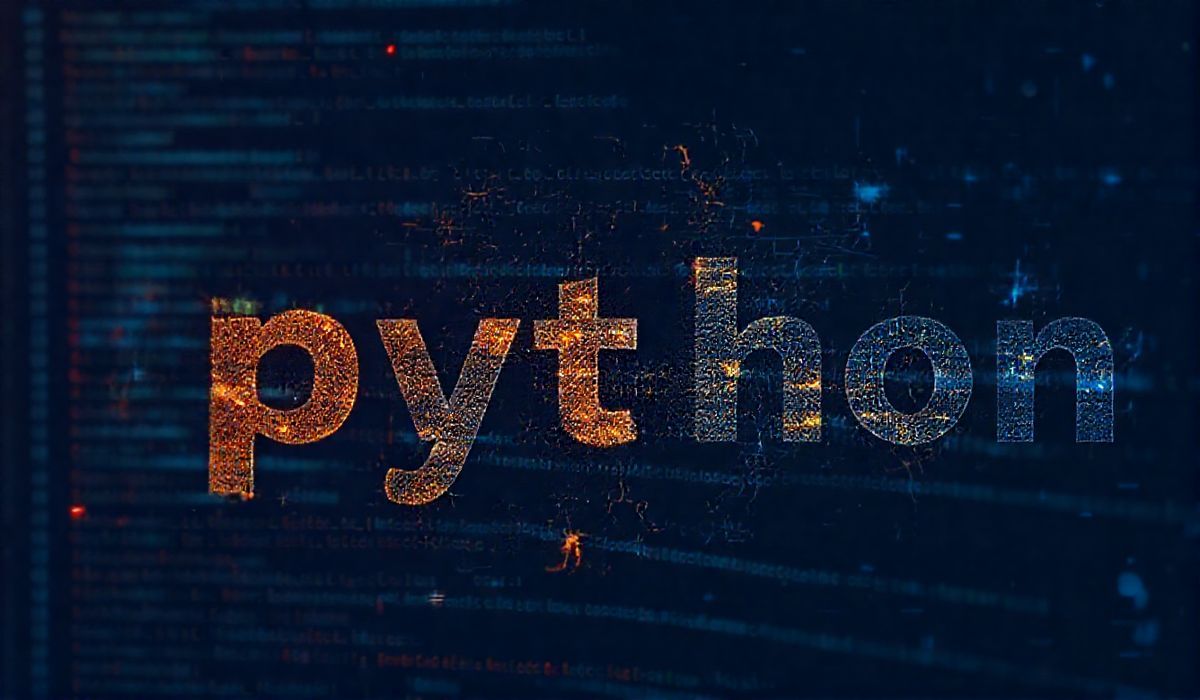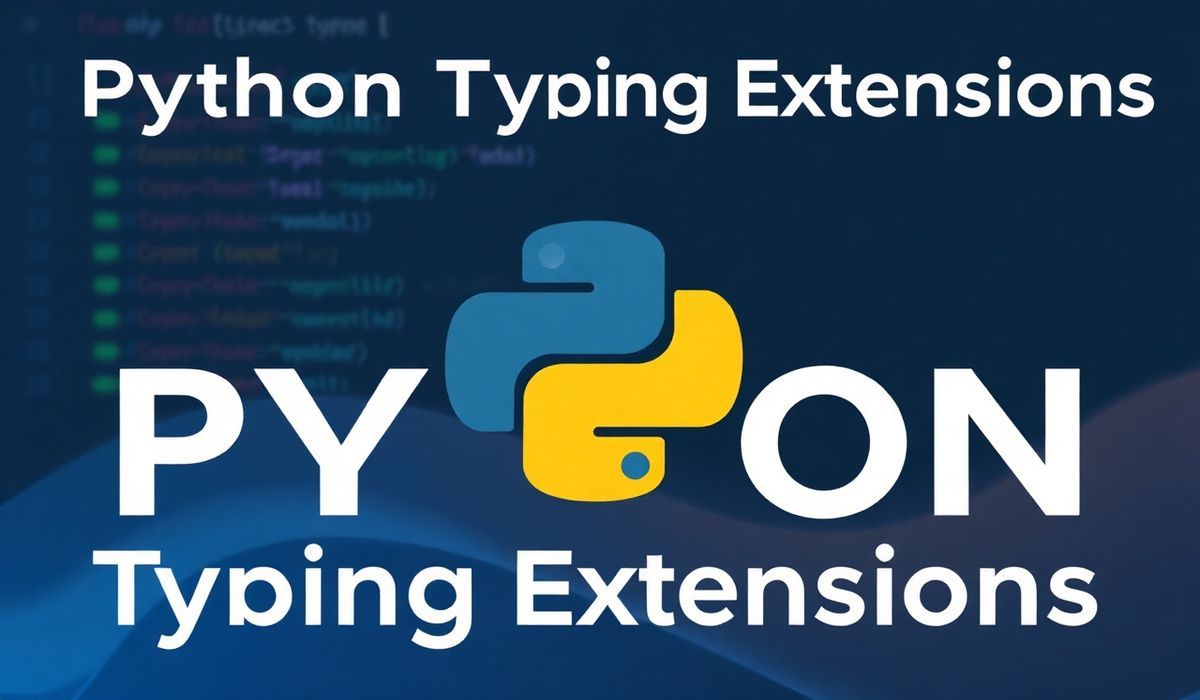Understanding Typing Extensions in Python
The typing-extensions library is a powerful Python package that provides additional type hinting features that are not yet a part of the standard library typing module. This library is a boon for Python developers who want to write robust, maintainable, and type-safe code. Whether you are using older versions of Python or experimenting with the latest type hints, typing-extensions is your companion for dynamic type checking.
Key Features of Typing Extensions
Here are some notable features and APIs from typing-extensions along with examples:
1. TypedDict
TypedDict lets you define a dictionary where specific keys have specific value types.
from typing_extensions import TypedDict
class Employee(TypedDict):
name: str
age: int
department: str
emp: Employee = {"name": "John", "age": 30, "department": "HR"}
2. Literal
Define variables that can take only specific literal values.
from typing_extensions import Literal
Status = Literal["success", "failure", "pending"]
def set_status(status: Status) -> None:
print(f"Status set to: {status}")
set_status("success") # Valid
# set_status("error") # Type checker will throw an error
3. Protocol
Protocols specify structural (or duck-typing) subtyping, helping your code meet interface requirements without inheritance.
from typing_extensions import Protocol
class Drawable(Protocol):
def draw(self) -> None:
...
class Circle:
def draw(self) -> None:
print("Drawing a Circle")
def render(obj: Drawable) -> None:
obj.draw()
circle = Circle()
render(circle) # Outputs: Drawing a Circle
4. Annotated
Enrich type hints with additional metadata.
from typing_extensions import Annotated
UserID = Annotated[int, "User ID type"]
def get_user(user_id: UserID) -> None:
print(f"Fetching user with ID: {user_id}")
get_user(101) # Outputs: Fetching user with ID: 101
5. NewType
Define distinct types from other existing types for better type checking.
from typing_extensions import NewType
UserID = NewType('UserID', int)
def fetch_user(user_id: UserID) -> None:
print(f"Fetching user with ID: {user_id}")
user_id = UserID(123)
fetch_user(user_id) # Outputs: Fetching user with ID: 123
6. @final Decorator
Mark methods or classes as final to prevent inheritance or overriding.
from typing_extensions import final
@final
class BaseConfig:
...
# class Config(BaseConfig): # This will cause a type error
# pass
Application Example
Here’s an example of a simple Student Management System using multiple typing-extensions features.
from typing_extensions import TypedDict, Literal, Protocol
# Define the type for a Student record
class Student(TypedDict):
id: int
name: str
status: Literal["active", "inactive"]
# Protocol for Student Registry Actions
class StudentRegistry(Protocol):
def add_student(self, student: Student) -> None:
...
def get_student(self, student_id: int) -> Student:
...
# Implement the Registry
class InMemoryStudentRegistry:
def __init__(self):
self._students = {}
def add_student(self, student: Student) -> None:
self._students[student["id"]] = student
def get_student(self, student_id: int) -> Student:
return self._students[student_id]
# Usage Example
registry: StudentRegistry = InMemoryStudentRegistry()
new_student: Student = {"id": 1, "name": "Alice", "status": "active"}
registry.add_student(new_student)
student = registry.get_student(1)
print(student) # Outputs: {'id': 1, 'name': 'Alice', 'status': 'active'}
Why Use Typing Extensions?
Typing-extensions is especially helpful for teams that need to maintain type consistency across Python versions. Its utility for writing feature-rich and self-documenting code cannot be overstated.
Conclusion
Start exploring the possibilities of typing-extensions in your Python projects. Integrating advanced type hints into your codebase enables clarity, extensibility, and error-free programming.




